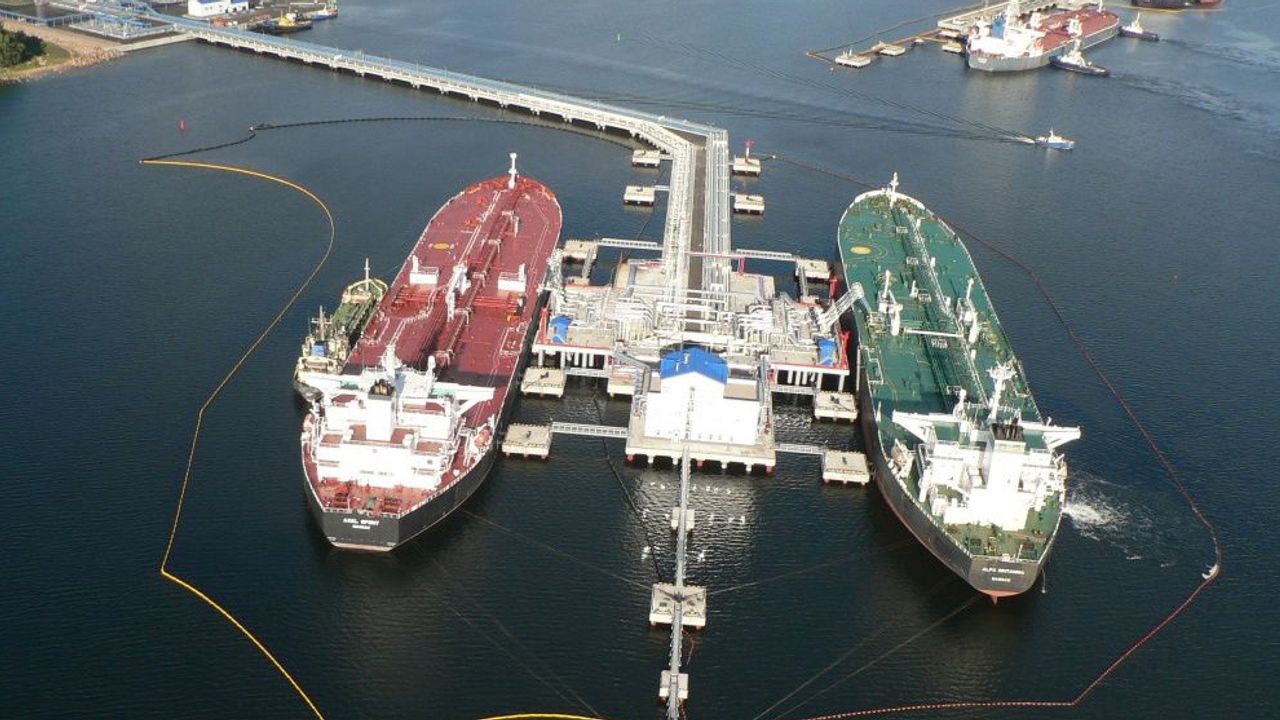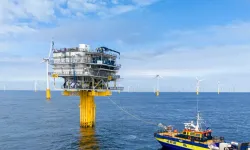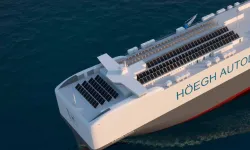Russia has adeptly sidestepped the cap imposed by the Group of Seven (G7) through the use of a "ghost fleet" of tankers operating without Western insurance and services. The OFAC extended sanctions to SUN Ship Management D Ltd, a company owned by Russian shipping firm Sovcomflot, responsible for managing some of Sovcomflot's vessels, including the SCF Primorye, previously identified for transporting Russian oil above the price cap.
Deputy Treasury Secretary Wally Adeyemo emphasized, "Today's designations demonstrate our commitment to upholding the principles of the price cap policy, advancing the goals of supporting stable energy markets while reducing Russian revenues for its war against Ukraine."
The new sanctions also target obscure oil traders with opaque ownership structures that play a significant role in transporting Russian crude. Entities like Hong Kong-based Bellatrix Energy Limited, Covart Energy Limited, and the United Arab Emirates-based Voliton DMCC are now under scrutiny. The OFAC's statement highlighted the emergence of little-known oil traders since the imposition of the price cap, shipping up to half of Russia's oil exports.
In collaboration with the Price Cap Coalition, the U.S. has updated rules on trading Russian-origin crude oil and petroleum products. Both the U.S. and the EU have intensified sanctions to enforce the price cap on Russian seaborne crude, imposed in December of the previous year to curtail Moscow's oil revenue without destabilizing global markets.
Despite Russia's recent success in evading the cap, its oil and gas profits dropped by 41% in the first nine months of 2023 due to tightening sanctions. Washington initiated sanctions on violators in October, targeting two companies and their tankers, and expanded restrictions in December to include three additional shipping companies breaching the $60-per-barrel limit.






